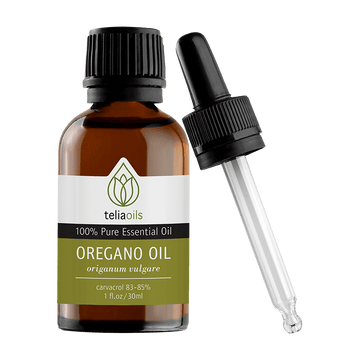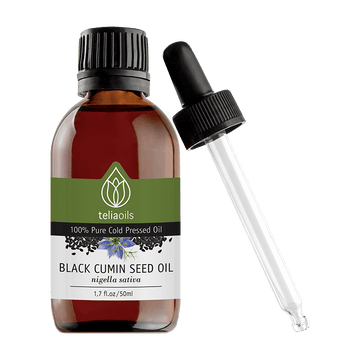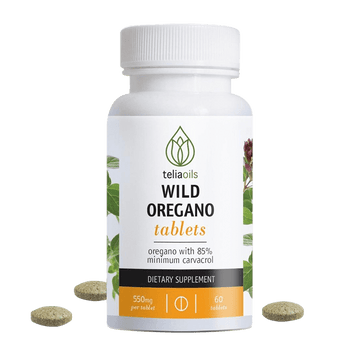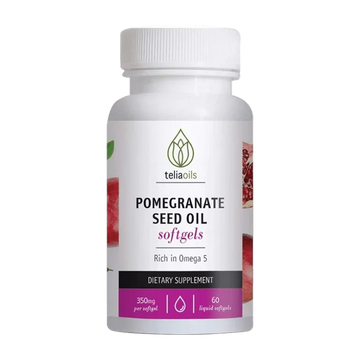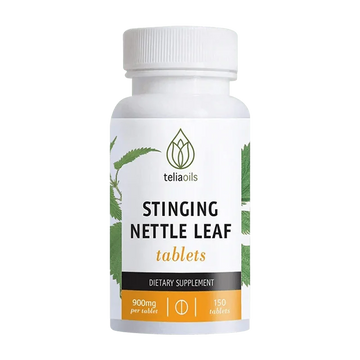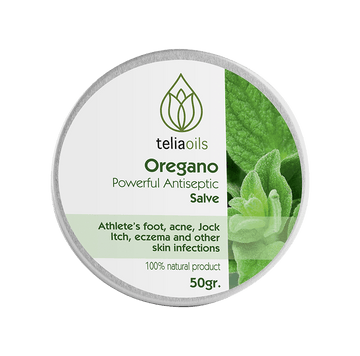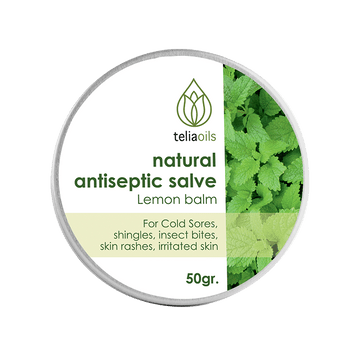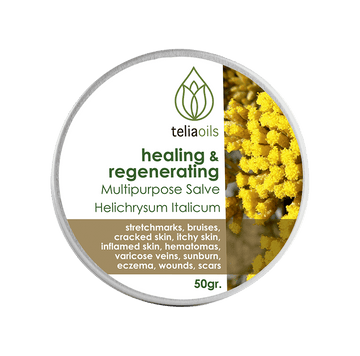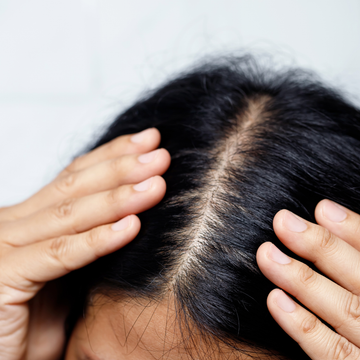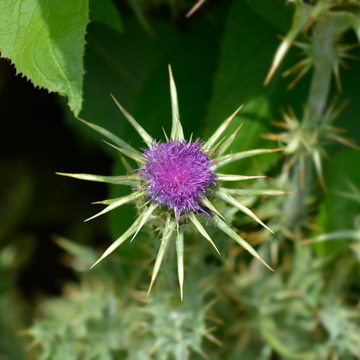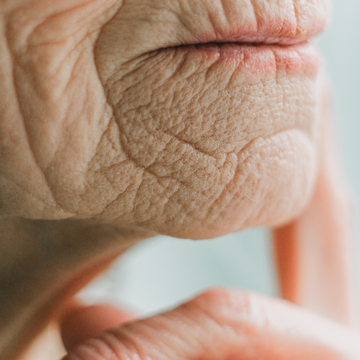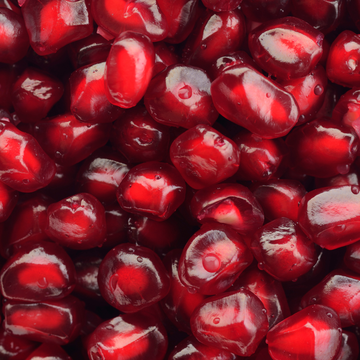
When it comes to natural hair care, many turn to herbal remedies in hopes of boosting hair growth. While some herbs have been scientifically shown to promote healthier hair and even stimulate growth, others are more myth than miracle. This article delves into various herbs touted for hair growth, analyzing which ones are backed by scientific evidence and debunking some of the common myths.
Effective Herbs for Hair Growth
- Peppermint Oil
- Evidence: Peppermint oil is one of the most promising herbs for hair growth. A study published in the journal "Toxicological Research" demonstrated that peppermint oil, when applied topically, significantly increased the number of follicles, follicle depth, and overall hair growth in mice.
- How to Use: Mix a few drops of peppermint essential oil with a carrier oil like pumpkin or coconut oil and massage it into the scalp. Leave it on for about 30 minutes before washing out with shampoo.
- Rosemary Oil
- Evidence: Rosemary oil is another herb that has shown positive results in promoting hair growth. According to a study in the "Journal of Dermatology," rosemary oil performed similarly to minoxidil (a common hair growth chemical) but with less scalp itching as a side effect.
- How to Use: You can apply rosemary oil directly to the scalp after diluting it with a carrier oil, or look for hair products that already contain rosemary as an active ingredient.
- Lavender Oil
- Evidence: Lavender oil not only promotes hair growth but also has properties that can reduce stress. A study from "Toxicological Research" found that lavender oil generated faster hair growth in mice. Its calming properties can also reduce stress, a common factor associated with hair loss.
-
How to Use: Like peppermint and rosemary oils, lavender oil should be mixed with a carrier oil and massaged into the scalp. This can be done several times a week.
Herbs with Insufficient Evidence
- Ginseng
- Claim: Ginseng is often claimed to promote hair growth due to its effects on increasing blood circulation.
- Reality: While ginseng is rich in phytonutrients that can benefit overall health, scientific evidence specifically supporting its effectiveness for hair growth is limited.
- Horsetail
- Claim: Horsetail is said to improve hair growth due to its silica content.
-
Reality: While horsetail does contain minerals that could potentially strengthen hair, direct evidence linking it to hair growth is anecdotal rather than scientific.
Debunked Myths
- Saw Palmetto
- Claim: Often used as a natural remedy for hair loss.
- Reality: While some believe that saw palmetto can block DHT (a hormone linked to hair loss), clinical studies have shown mixed results, and it is not widely recognized by the scientific community as effective for hair growth.
Using herbs for hair growth can be a natural and effective way to improve your hair's health and appearance, provided you choose the right ones. Peppermint, rosemary, and lavender oils have shown the most promise according to scientific studies. As with any natural remedy, results can vary, and it's important to use these treatments as part of a comprehensive approach to hair care that includes proper nutrition, stress management, and regular care. Always consult with a healthcare provider before starting any new treatment, especially if you have underlying health conditions or are pregnant.

